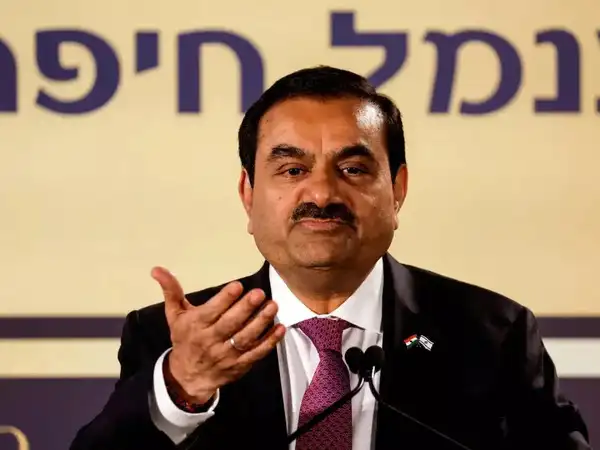“Biwi Bhag Jayegi…”: Gautam Adani’s playful response to Narayana Murthy’s 70-hour workweek advice

As the work-life balance debate continues to spark conversations globally, Indian billionaire and industrialist Gautam Adani has added his voice to the discussion in a lighthearted yet thought-provoking manner. Known for his business acumen and influence in the corporate world, the Adani Group Chairman recently shared his perspective on achieving happiness through work-life balance. His comments come amidst heightened discussions sparked by Infosys co-founder Narayana Murthy’s advocacy for a 70-hour workweek. Adani’s humorous and relatable remarks shed light on the individuality of balance, emphasizing the importance of personal happiness over societal expectations.
Gautam Adani’s perspective on work-life balance
In a video shared by news agency IANS on December 26, Gautam Adani candidly expressed his views on striking a harmonious balance between work and personal life. “If you enjoy what you do, then you have a work-life balance. Your work-life balance should not be imposed on me, and mine shouldn’t be imposed on you.”
— ians_india (@ians_india)
Adani highlighted the importance of personal choice, emphasizing that individuals should determine what brings them happiness. “You should decide if you are happy with spending four hours with your family. And if someone’s spending eight hours, toh biwi bhaag jaegi (the wife will run away),” he joked, eliciting laughter while underscoring his point.
For Adani, the true essence of work-life balance lies in mutual happiness. “If it brings you happiness and the other person is also happy, then that’s the true definition of work-life balance,” he added.
The context: Narayana Murthy’s 70-hour workweek call
Adani’s remarks arrive amidst the ongoing debate triggered by Infosys co-founder Narayana Murthy, who has advocated for the younger generation to commit to a 70-hour workweek. Murthy, who has previously spoken about working up to 90 hours weekly during his career, has positioned hard work as a responsibility for those who have benefited from government-subsidized education.
Murthy’s comments have faced mixed reactions. While some praised his dedication to societal betterment, others criticized the suggestion as impractical and detrimental to mental health. Ola CEO Bhavish Aggarwal’s endorsement of Murthy’s views also sparked online backlash, particularly from younger professionals who argue for the importance of work-life balance and well-being.
Cultural shifts in the work-life balance debate
The work-life balance debate reflects broader cultural shifts in professional values and expectations. While older generations often prioritized hard work and long hours as a means to success, younger professionals increasingly value flexibility, mental health, and quality time with loved ones.
Adani’s take offers a middle ground, encouraging individuals to define balance based on their circumstances rather than societal norms. His humour and relatability resonate with a wide audience, showcasing the importance of individuality in achieving harmony between work and life.
The broader implications for corporate culture
The debate around work-life balance highlights the need for businesses to adapt to changing workforce dynamics. Companies increasingly recognise the benefits of promoting employee well-being, including higher productivity, reduced burnout, and improved retention rates.
With their candid and practical insights, leaders like Adani can influence corporate policies by advocating for personalized approaches to work-life balance. Such perspectives encourage a more inclusive and supportive work environment, fostering personal and professional growth.




